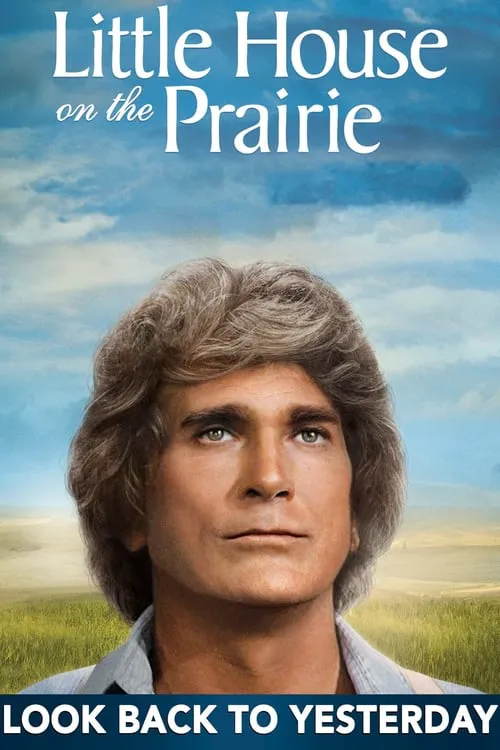Little House: Look Back to Yesterday

Plot
"Little House: Look Back to Yesterday" is the final television movie installment of the popular "Little House on the Prairie" series, which was based on the autobiographical novels of Laura Ingalls Wilder. The movie takes place a few years after the main character Laura has left the small town of Walnut Grove, Minnesota. The story focuses on the life of Laura's brother Albert Quinn Ingalls, played by Lincoln Kilpatrick. Albert has grown up in Walnut Grove and has aspirations of becoming a doctor, but as the story begins, he receives some devastating news from a doctor. Albert is diagnosed with a rare and terminal illness that has a very limited life expectancy. Confronted with his mortality, Albert decides to leave his plans of going to medical school in the city behind and returns to Walnut Grove, where he has spent most of his life. The move to Walnut Grove is motivated by Albert's desire to spend the little time he has left in a place he loves, surrounded by the people he cares about. Upon his return to Walnut Grove, Albert is welcomed back warmly by the townspeople. They are shocked to hear about his illness but rally around him to offer support. In the meantime, the school in Walnut Grove is preparing for an annual tradition, where children climb the nearby mountain, which has a unique and historical significance for the town. For generations, children have climbed the mountain as part of their education and socialization, but this year, the climb takes on a new meaning as Albert watches the children prepare. The story takes a poignant turn when Albert realizes the gravity of his situation. He begins to accept his fate and reflects on the choices he made and the path he is now on. His interactions with the children show a softer side of Albert, who is determined to make the most of his remaining time and pass on the knowledge and love of the community to the young people he has grown to care for. One of the children, a young and adventurous girl named Jenny, forms an especially close bond with Albert. Jenny is fascinated by Albert's intelligence and the stories he shares about his time in the big city. Through their conversations, Albert shares his dreams, fears, and the realization that comes with facing mortality. The relationship between Albert and Jenny adds a touching and emotional element to the story, highlighting the themes of love, loss, and the power of human connection. Throughout the movie, the scenery and cinematography transport the viewer to the idyllic prairie landscape of the late 19th century. The film captures the charm of the small town and the spirit of the people living there. The performances from the cast, including the character of Albert, shine as they navigate their relationships with the townspeople and each other. "Little House: Look Back to Yesterday" is a heartwarming and introspective film that showcases the complexities of the human experience. It tackles themes that continue to resonate with audiences today, such as mortality, family, friendship, and the importance of cherishing time with loved ones. As Albert Ingalls comes to terms with his own mortality, he finds peace, forgiveness, and a sense of purpose, ultimately inspiring those around him. The film concludes on a hopeful note, emphasizing the transformative power of love, family, and community in the face of adversity.
Reviews
Recommendations



